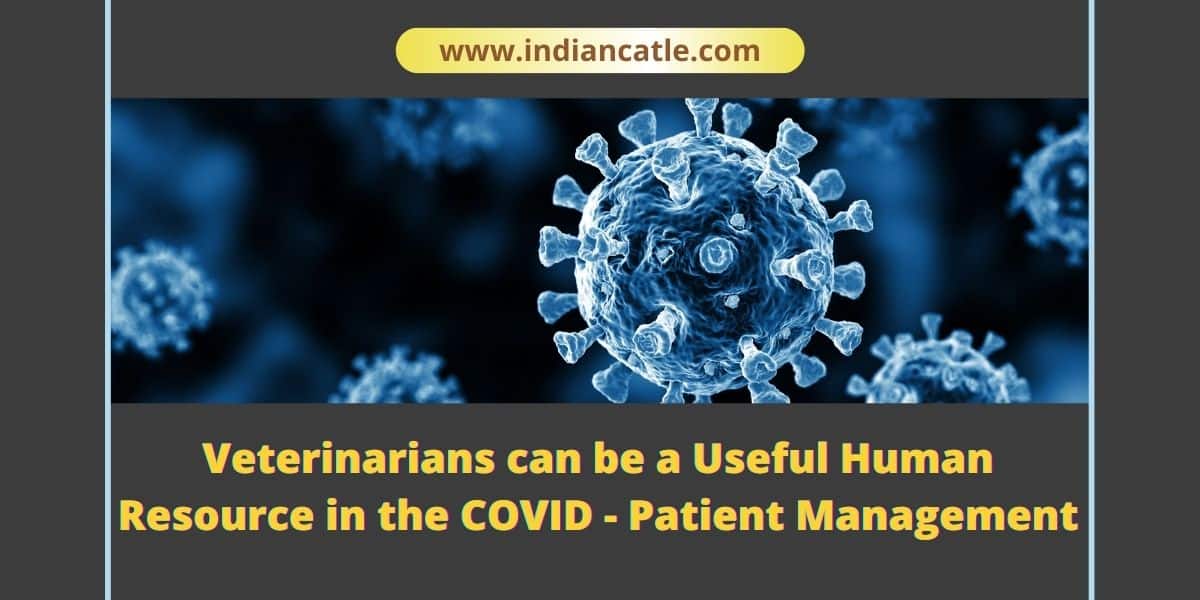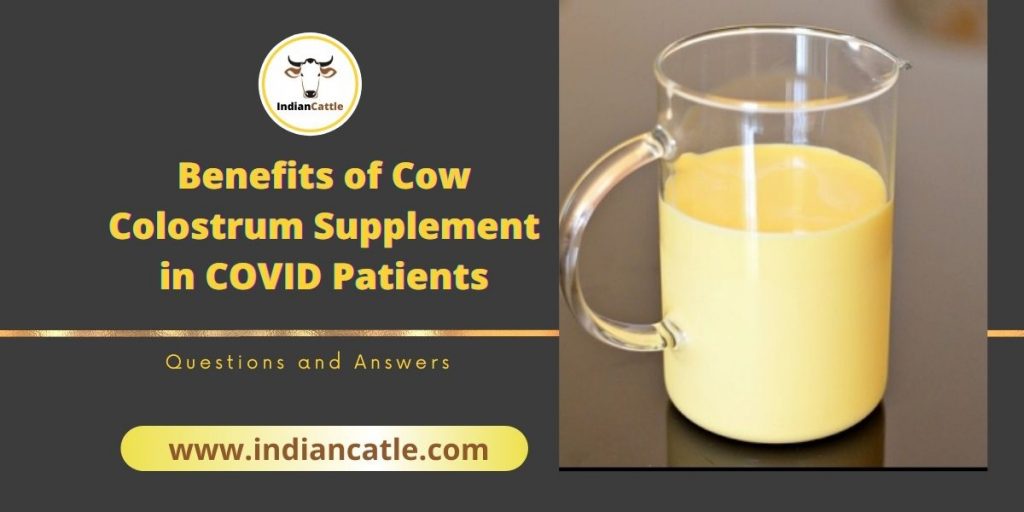
Veterinarians Can Contribute in Medical Emergencies: I – Patient Management
The current COVID pandemic should incite us to discuss and debate on policies and solutions as extraordinary situations require out-of-box thinking. In this blog, I raise an important issue which needs to be debated widely and policy guidelines be framed accordingly. The role of veterinarians (beyond one-health) in medical emergencies needs to be examined from legal and ethical considerations. The current legal position is that only registered medical practitioners can diagnose and prescribe whereas the nurses can administer drugs and perform procedures. What should be the solution when in a remote village there is no physician, but a veterinarian is available. Can the veterinarian be requested to provide medical help without fear of liabilities? The second issue is whether in situations like COVID, the veterinarians be roped in to assist the medicos in administering drugs and manage other ancillary procedures on human patients? The third issue is given the expertise of the veterinarians in epidemiology and preventive medicine, which are not regarded as attractive practice areas in medicine, their active participation be sought in the local or regional emergency response team on epidemic management?
I first address the bystander medical help and liability issues. There is a legal doctrine called ‘Good Samaritan Doctrine or Law’, which deals with providing of help or assistance from a non-medical person to a patient in an emergency. As per this doctrine, it is the moral duty of the bystander to provide necessary help in saving lives. Exposure to liability of helping someone faced with a medical event is limited in many jurisdictions and the courts have upheld protection from liability, the act being in good faith. The liability protection is in fact guided by common sense and protects the rights of the individuals to provide first aid, CPR, and minimal medical assistance, provided that the person doing so is confident and has the necessary skills. This means one cannot cross the ‘Lakshman Rekha’ of knowledge and the extended help should be commensurate with skill and experience of the provider. This assistance however is not legally binding on the bystander. So, if requested and the veterinarian willing, as per his comfort level, he can provide necessary help and advice and also has right to refuse.
I now take up the second question. If the medical assistance spectrum is dependent on knowledge, training and experience, what roles can a veterinarian be assigned in emergencies and can this be made part of the command of the state that he must follow? Let us consider the knowledge and skill angle to define the framework of the assistance. A veterinarian receives extensive knowledge and training in comparative anatomy, physiology, pharmacology, pathology, parasitology, clinical medicine, preventive medicine (including epidemiology), surgery and gynaecology and obstetrics. A vet is a multi-species expert. Amongst the species he studies dogs, cat, monkey and pig closely resemble human in organ arrangement, physiology and disease processes. So, he has more or less analogous human physiology, pharmacology and disease knowledge. Moreover, the veterinary curriculum has a heavy focus on preventive medicine, preventive parasitology and microbiology. The preventive aspects, especially in infectious disease appears to be given less attention in teaching, as the in general medicos enjoy clinical disease handling. On skill side veterinarians because of paucity of staff have to handle all aspects of patients single-handed.
The experience of veterinarians in handling dystocia is unparallel, simply because every time he cannot suggest and perform caesarean procedure on his patients. Thus, as per the test of Good Samaritan doctrine, in medical emergencies like, COVID pandemic, where the medical fraternity is stretched to its maximum, the veterinarian’s assistance can be sought even in patient management. Of course, his role will be as an assistant to the medical doctors. The issue of prescription and drug administration should not be confused. Although giving diagnosis and prescription is the legal right of the registered doctors, the veterinarians can be involved in drug administration as he is well trained in pharmacology. Imagine when a vet can smoothly administer intravenous to a miniature dog with threadlike vein, giving such injections to human should not be difficult. The veterinarians in their day-to-day practice use oxygen, ventilators, bedside monitors and can insert nasogastric tubes, fix bladder catheter. They are also trained and have extensive practice in applying plasters, immobilize limbs and take care of wound/burns, etc. This list is only suggestive and not exhaustive. It is therefore my case that veterinarians can be considered to play an active role in the management of COVID patients both within the hospital and the home treatment. Such a provision should be included in the disaster management policy document. The issue of allocation of extended services of the veterinarian to provide assistance in human practice need to be examined legally. When the vets can be allocated to do non-veterinary duties such as elections, census, extending same to medical emergencies should not be difficult.
The commonality of the medical and veterinary education at one point led the State of Wyoming in the USA, consider creating a joint medical-veterinary training for their first 2 years medical students at the Colorado State University (CSU) College of Veterinary Medicine. An interesting differentiating feature in India is that although medicos don’t prefer to settle in villages, the veterinarians posting invariably is in remote areas, where their patients are located. Dr Lance Perryman, Dean of the Colorado State University Veterinary Medicine College had offered an interesting suggestion that the veterinarians should be given short-term training in handling human emergencies, exclusively when medicos are not available or overloaded and need assistants. In fact, in the early 1970s the American Task Force on Medical Emergencies has proposed that after medico, a veterinarian is a next person to take care of human health. Recently, the Indian Military Establishment has taken a wise and rational decision to invite the officers of the Remount Veterinary Corpse to the Directorate General of Armed Forces Medical Services in treating COVID patients in the Military Hospitals. It is a worthy and welcome step which will open up possibility of even states taking such steps. Even the retired veterinarians’ help can be sought.
Please read my next blog on potential roles the vets can play in epidemic management.
You make like to read: What are the Benefits of Cow Colostrum Supplement in COVID Patients

